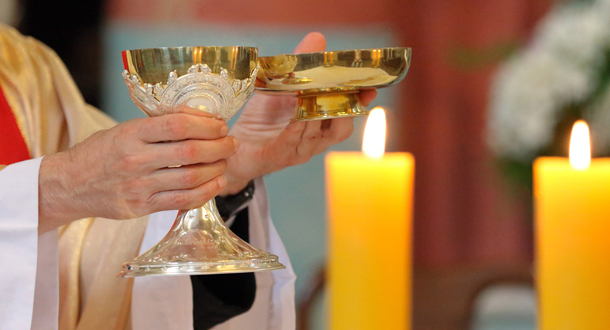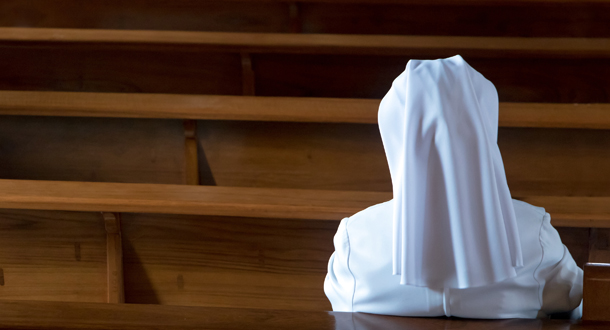 Scripture:
Scripture:
Jeremiah 31:31-34
Matthew 16:13-23
Reflection:
Can a Leopard Change His Spots?
Like the vassal state before its overlord, so is Judah toward her God. Vassals obey their master until the master looks elsewhere, then they do what they want. So with Judah, she prays to the God of the covenant, but when Judah feels independent she trusts in other gods with less demanding loyalties.
Jeremiah says that Judah has dug a deep whole for herself. Sin is written in stone in her heart. Can the leopard change his spots? (Jeremiah 13:23). Doesn’t look it.
Because Judah’s ways stand against God’s desire to help and to free them, what can God do? God does not forget Israel, the past and the special relationship with the chosen people, their love story. But a new relationship must start. Not with the stone tablets of the covenant on Mt. Sinai but now a covenant of heart and will; an internal communion and a change of will. Only God can bring this about. God chooses to do so by offering a deep and totally personal relationship as the basis for this new covenant.
Jeremiah does not give up his belief in the promise of God. God will not abandon the chosen people but will fashion an even better relationship with them. Forgiveness and mercy from God will restore Israel to their land, they will now know God from personal experience with a intimacy that will make teaching about God unnecessary.
How incredible that Jeremiah who suffers personal doubt and pain, and even wonders about God’s presence in his ministry, gives us today this most famous passage of his prophecy, the beautiful vision of the gift God’s fidelity when we are undeserving. ( See the excellent summary of the Book of Jeremiah in Vol. 10 of the Old Testament Message by Lawrence Boadt CSP., Glazer, 1982).
Today we celebrate the feast day of St. Teresa Benedicta of the Cross, Edith Stein, martyr in Auschwitz during WW II. There is rich material on line about her. May these quotes resonate with our reading of Jeremiah today.
Jeremiah wonders if there will be a new covenant, but he says no because God will not do away with the first covenant that expresses God’s enduring love to the Chosen People. “You don’t know what it means to me to be a daughter of the chosen people, to belong to Christ, not only spiritually, but according to the flesh”
Her words on love and suffering bring Jeremiah into the Paschal Mystery, “Love is stronger than hatred. In the end there will be only the fullness of love… If we accept the whole Christ in faithful self-giving, by choosing and walking in the way of the imitation of Christ, then he will lead us through his Passion and Cross to the glory of the Resurrection.” Jeremiah will disappear from the Scriptures as he is led away to Egypt. “Enkindle your love in me and then walk with me along the next stretch of road before me. I do not see very far ahead, but when I have arrived where the horizon now closes down, a new prospect will open before me and I shall meet with peace.” And her final recorded words to her sister when arrested, “Come, we are going for our people.”
Fr. William Murphy, CP is the pastor of Immaculate Conception parish in Jamaica, New York.

 Scripture:
Scripture: Scripture:
Scripture:
 Scripture:
Scripture: Scripture:
Scripture: Scripture:
Scripture: